Keywords: Critic
There are more than 200 results, only the first 200 are displayed here.
-
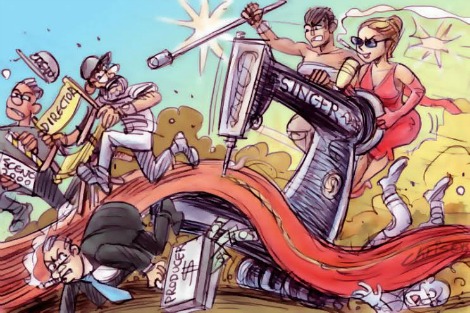
MEDIA
- Rochelle Siemienowicz
- 13 January 2016
The success of the Australian comedy The Dressmaker is thrilling to those watching the local film industry. There's more to cheer in the fact the film is proudly female in both story and production. We're not as bad as Hollywood, but even in Australia, there are not enough films for women, about women and by women. Since the 1970s male directors have been responsible for more than 85 per cent of the feature films made. Why does it matter? Because women are more likely to tell stories about women.
READ MORE 
-

ARTS AND CULTURE
- Tim Kroenert
- 10 December 2015
The End of the Tour is most compelling as a consideration of the relationship between journalist and subject, which is a strange kind of beast, glorified in the sprawling feature profiles of Rolling Stone and its ilk. At its best the relationship is marked by intimacy generated through dialogue, but at its worst or it is mutually exploitative. Scenes from this year's Amy Schumer press junket revealed how bad things can go when an interviewer thinks they are going to befriend their celebrity interviewee.
READ MORE 
-

MEDIA
- Rochelle Siemienowicz
- 23 November 2015
10 Comments
The success of the Australian comedy The Dressmaker is thrilling to those watching the local film industry. There's more to cheer in the fact the film is proudly female in both story and production. We're not as bad as Hollywood, but even in Australia, there are not enough films for women, about women and by women. Since the 1970s male directors have been responsible for more than 85 per cent of the feature films made. Why does it matter? Because women are more likely to tell stories about women.
READ MORE 
-

ARTS AND CULTURE
- Tim Kroenert
- 19 November 2015
1 Comment
Following its whitewashing of 'wife-beater' Ant-Man and the Black Widow slut-shaming debacle, Marvel has a long way to go to show it is not one big boys club. Alias, basis of the new series Jessica Jones, is one example of a modern day Marvel comic that, in the words of pop culture critic Roz Kaveney, offers a 'rebuke to the convenient pieties of the comic book', by proving that comics can be thematically rich, and can take serious issues — such as the physical and sexual abuse of women by men — seriously.
READ MORE 
-

AUSTRALIA
- Andrew Hamilton
- 05 November 2015
10 Comments
What are spectators to make of Adam Goodes' challenge to racial prejudice? What are they to make of David Pocock's outspoken defence of the environment and criticism of coal mining, or of his and his partner's refusal to marry in solidarity with LBGT couples? They make space for us to reflect on our own response to large human questions. But that space also invites us to judge our own integrity. The opprobrium such role models meet may arise out of discomfort with unwelcome self-questioning.
READ MORE 
-

- Frank Brennan
- 01 September 2015
1 Comment
If you want to form government in Australia and if you want to lead the Australian people to be more generous, making more places available for refugees to resettle permanently in Australia, you first have to stop the boats. If you want to restore some equity to the means of choosing only some tens of thousands of refugees per annum for permanent residence in Australia from the tens of millions of people displaced in the world, you need to secure the borders. The untrendy truth is that not all asylum seekers have the right to enter Australia but that those who are in direct flight from persecution whether that be in Sri Lanka or Indonesia do, and that it is possible fairly readily (and even on the high seas) to draw a distinction between those in direct flight and those engaged in secondary movement understandably dissatisfied with the level of protection and the transparency of processing in transit countries such as Malaysia and Indonesia. The popular evil is that political
READ MORE
-

- Frank Brennan
- 06 August 2015
3 Comments
Pope Francis is not the first pope to address a social encyclical to everyone. But in comparison with his predecessors, Francis has been more inclusive in the process of writing the encyclical and in the final content of the document. He quotes from 17 different conferences of Catholic bishops. He is at pains to indicate that he is collaborative and that he takes the principle of subsidiarity very seriously. Being the final redactor of the text, he has felt free to interpolate some very folksy advice from time to time. He has also taken the liberty of inserting some very blunt, evocative images of environmental and economic devastation.
READ MORE
-

AUSTRALIA
- Catherine Marshall
- 31 July 2015
5 Comments
The epidemic of African wildlife poaching returned to the headlines this week with news that an American hunter had killed a much-loved lion, Cecil, in Zimbabwe's Hwange National Park. Such 'leisure activities' speak to a base instinct to control, brutalise and defeat. Yet the outpouring of fury at Cecil's killer by celebrities and the public on social media platforms feels somewhat hypocritical and opportunistic.
READ MORE 
-
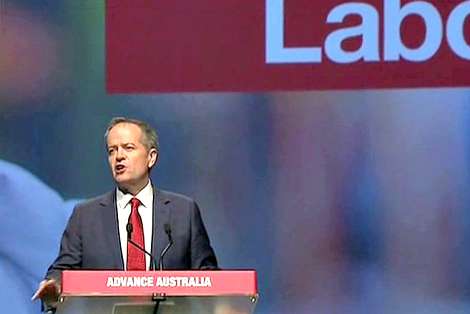
AUSTRALIA
- Kerry Murphy
- 28 July 2015
35 Comments
When refugee advocates criticise harsh policies such as boat turnbacks, they are confronted with claims that the measures are necessary for saving lives at sea. This justification has dominated the debate to the extent that any policy which further restricts refugee rights becomes justifiable on this ground. Imagine a proposal to ban cars because there were too many people killed and injured on the roads.
READ MORE 
-
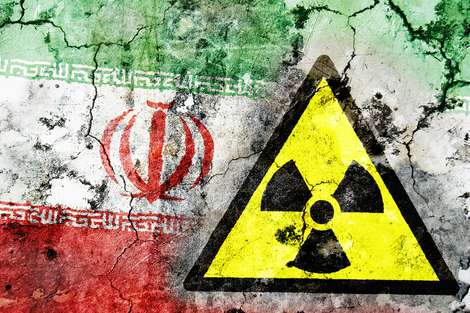
INTERNATIONAL
- Shahram Akbarzadeh
- 24 July 2015
2 Comments
Iran’s nuclear deal with the UN represents a major breakthrough that could lead to more peace and stability in the region, despite what the critics say. Its policy towards Islamic State is actually much closer to that of the US and the UK than any other country in the region. Convergence of interest against this common enemy could open other doors of dialogue with the West and start a relationship that is no longer hostage to the nuclear issue.
READ MORE 
-
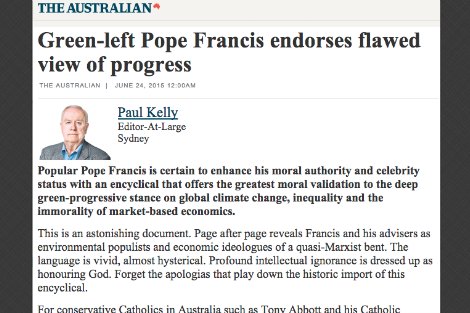
RELIGION
- Bruce Duncan
- 10 July 2015
37 Comments
In a series of articles, The Australian newspaper has strongly criticised the new encyclical Laudato Si', with editor-at-large Paul Kelly charging that the Pope has 'delegitimised as immoral' pro-market economic forces. This is wrong. Pope Francis is not opposed to the free market in principle, but insists that it be well regulated to ensure social justice for all involved.
READ MORE 
-
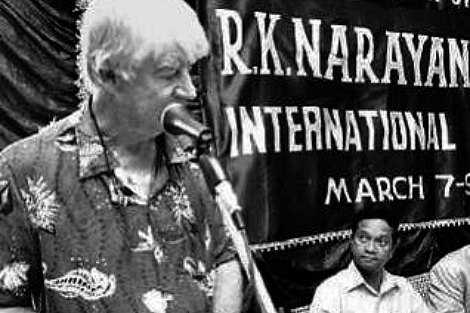
ARTS AND CULTURE
- Brian Matthews
- 26 June 2015
1 Comment
Many deaths of course are not small deaths. They evoke distinction, achievement, leadership, innovation, creativity or, in some cases notoriety, quixoticism or eccentricity. Yet placing some names above many, some in a class of their own, others in a ruck of the scarcely memorable, one indispensable criterion unites all the characters and places them beyond our imaginative, intellectual or descriptive reach: they are dead.
READ MORE 